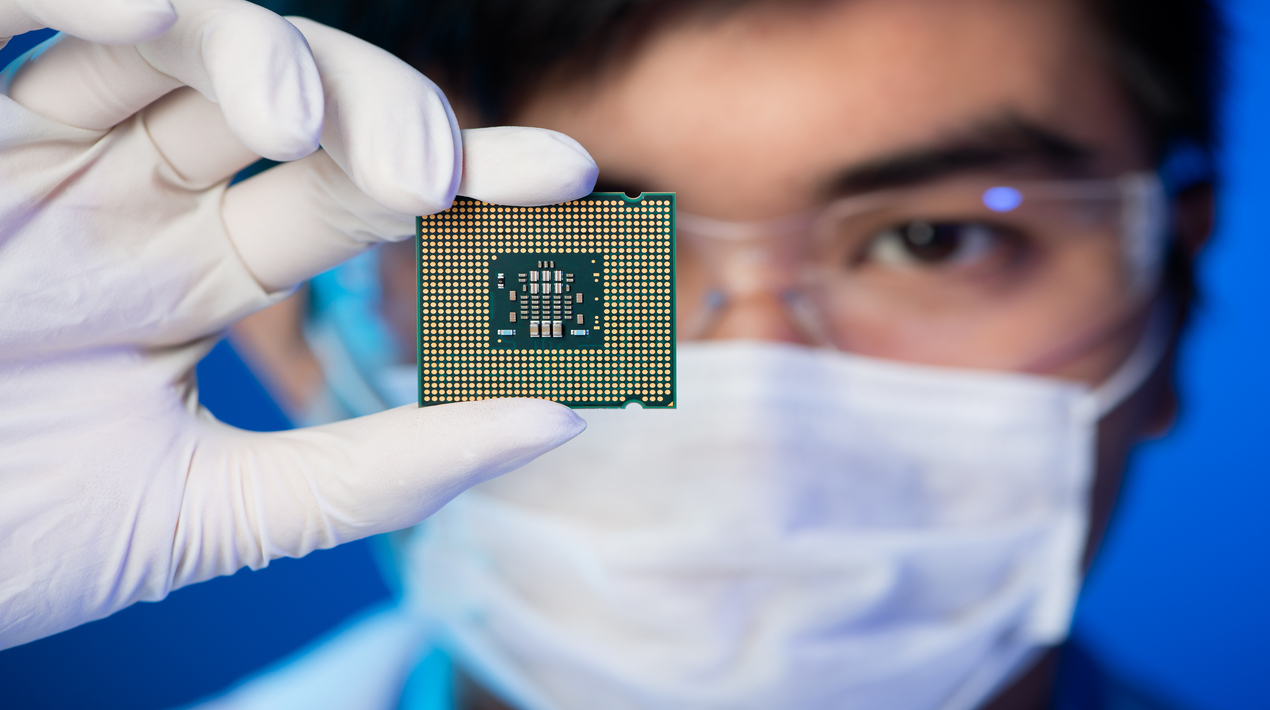
As investment pours into the cash-burning chip sector in China, domestic semiconductor companies that specialise in Artificial Intelligence (AI) are among the first to see major progress. Many Chinese companies have rapidly developed and launched products to compete with imported products.
Experts said although these chipmakers may still be at least a decade behind the most advanced technology, the mid-range and lower-end chips they are working on will meet most of the future demand for chips with both AI features and Internet of Things (IoT) functions, and pave the way for China’s rise as a major chip-manufacturing base.
The Shanghai-based chipmaker released a new generation of AI camera chips which will be mainly used for second-generation ultra-high-definition smart cameras. Chinese chip startup also released its second generation of Deep Thinking Unit (DTU), designed to process huge amounts of data to train AI systems. A Shanghai-based tech company released its first cloud AI inference chip.
Moreover, some big technology companies have announced a new push into developing semiconductors as part of China’s self-sufficiency drive. In terms of AI chips, foreign companies still dominate the Chinese market, with a share of over 80%. However, domestic companies are quickly catching up. For industry giants that already have market shares in smart devices or other products, once they’ve developed their own chips, they can immediately use those instead of imported ones.
Apart from efforts by private companies, state-owned firms are playing a part, but mainly in the more cash-intensive chip manufacturing sector. There is a clear labour division. While private firms focus more on design, the central government mainly focuses on the localisation of key equipment and material in the manufacturing process.
In about two to three years, China will be able to produce 7-nanometer chips on its own, and it might become the largest chip producer first in low- to mid-range chips. China’s chip output in May surged 37.6% from a year earlier to 29.9 billion units, a record for a single month, as the country pulled out all the stops to produce chips amid a severe global shortage of semiconductors, according to official data.
According to an article, China’s AI industry has grown tremendously, especially since the country’s Cabinet, the State Council, issued an important policy document in 2017 titled “the Development Plan on the New Generation of Artificial Intelligence.”
According to some metrics, China now leads the world in AI development. The country, for example, publishes far more academic papers related to artificial intelligence than any other country, though their average quality has yet to catch up with the world’s best.
Meanwhile, the influence of Chinese tech companies reaches beyond the products they sell — they are also big drivers of AI research. Compared to other countries, Chinese research into AI focuses more on practical applications rather than fundamental research.
China’s AI industry development has made significant progress, with the technological innovation capabilities in some areas ranking among the top in the world. As reported by OpenGov Asia, China ranks first in the world in the number of Artificial Intelligence (AI) patents.
According to a report on China’s AI development released by three institutions including the Chinese Association of Artificial Intelligence, nearly 390,000 AI patent applications were filed in China over the past 10 years, accounting for 74.7% of the world total. The core industry size is continuously growing and the integration of AI and the real economy has further deepened.
















